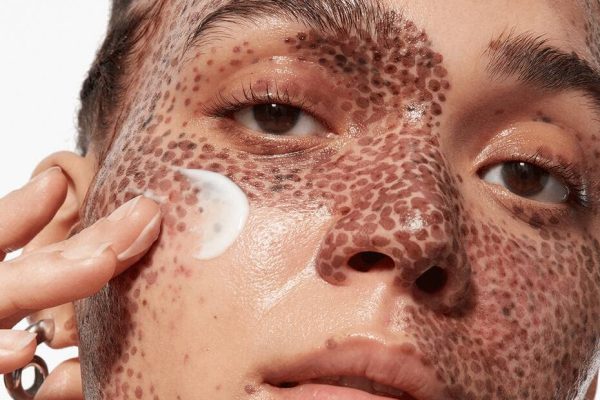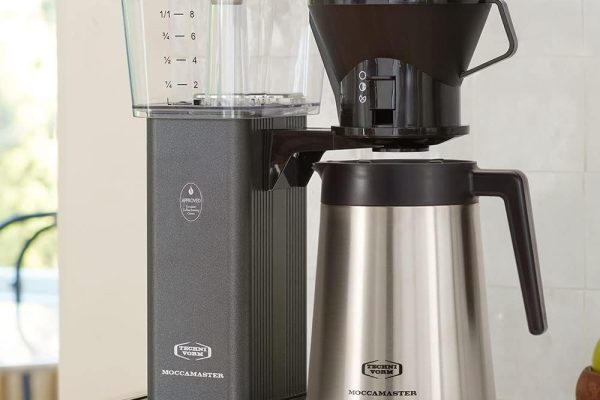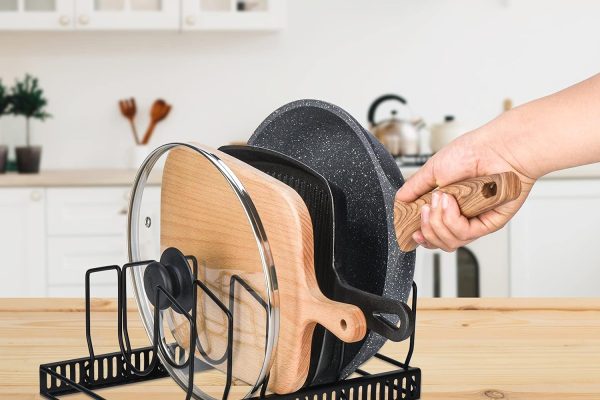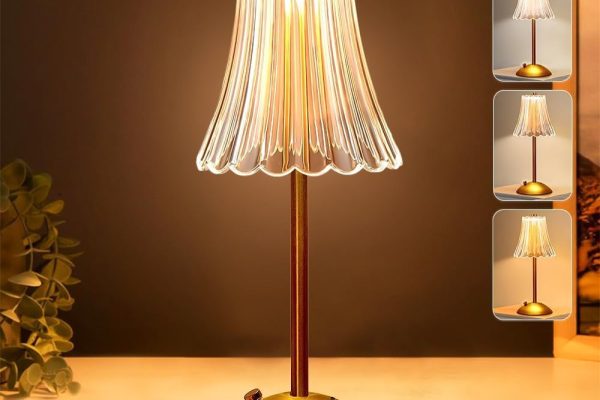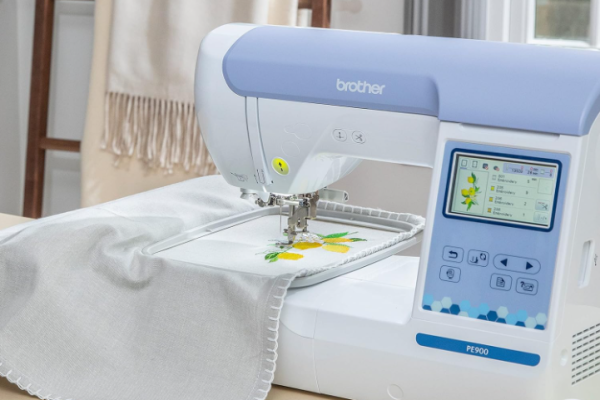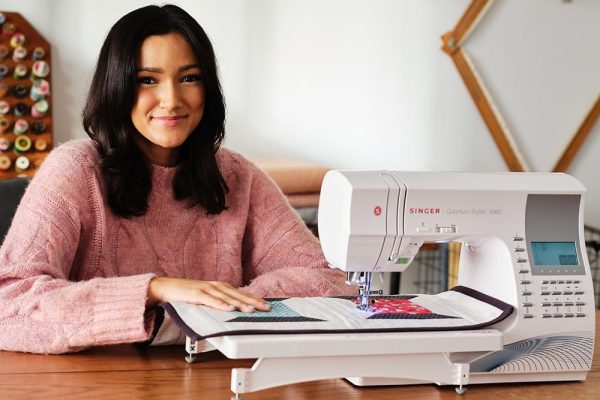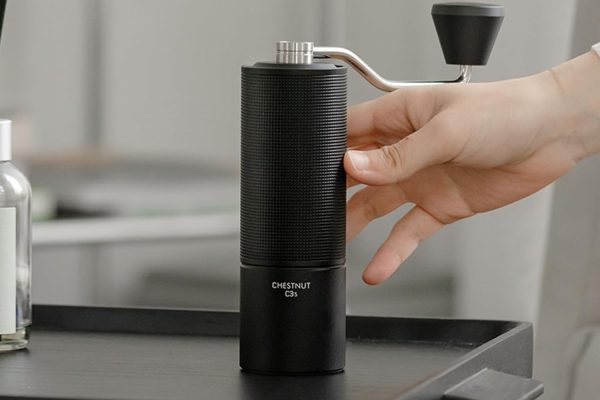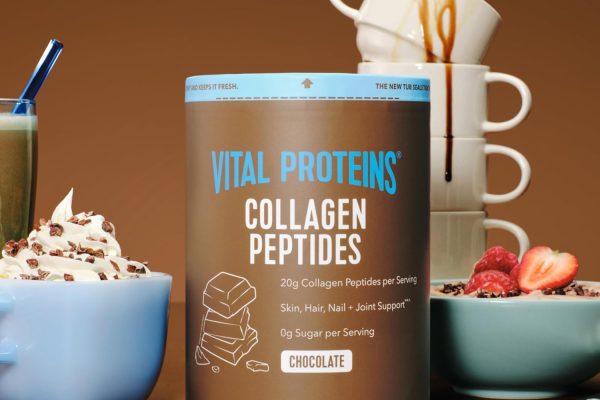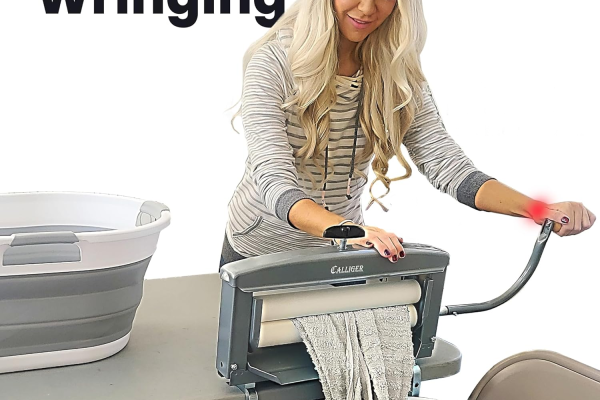
Sleep problems are plaguing millions. You’re tossing, turning, and waking up groggy despite spending eight hours in bed. Traditional alarm clocks jar you awake with harsh beeping, leaving you stressed before your day even begins.
Smart sleep devices promise a solution—but with so many options, how do you choose? Two standouts dominate the market: the Hatch Restore and Philips SmartSleep. Each takes a radically different approach to fixing your sleep.
The Hatch Restore positions itself as your personal sleep coach, offering guided meditations, bedtime stories, and customizable routines. Meanwhile, Philips SmartSleep focuses on clinically proven light therapy and environmental data to optimize your sleep naturally.
Which one deserves a spot on your nightstand? Let’s break down exactly what each device offers, what they cost long-term, and who should choose what.

Hatch Restore: Your Personal Sleep Coach
The Hatch Restore isn’t just an alarm clock—it’s designed as a complete sleep ecosystem. The core philosophy centers on building healthy bedtime routines while promoting a phone-free bedroom environment.
What Makes Hatch Different
Hatch Restore 3 Sunrise Alarm Clock [click to view…]
Guided Content Library: Access to over 80 sleep sounds plus original audio content including meditations, bedtime podcasts, and “whimsical stories.” Content examples include “Irreverent Meditations,” “Nature Walk ASMR,” and “Get Up and Slay.”
Routine Building: The device automatically progresses through customized wind-down and wake-up sequences. You can select from recommended routines based on your “sleep persona” or create your own combinations.
Phone-Free Design: Encourages putting devices away at bedtime, positioning itself as a digital wellness tool beyond just sleep improvement.
Physical Controls (Restore 3): Features a volume knob, slider button for snooze, and the “Big Button” for starting/pausing routines—though brightness adjustment still requires the app.
The Subscription Reality
Hatch Restore 3 Sunrise Alarm Clock [click to view…]
Here’s where things get expensive. The Hatch+ subscription costs $4.99 per month or $49.99 annually and is required to access the full content library. Without it, you’re limited to basic sounds and lose access to the guided meditations, stories, and podcasts that make Hatch unique.
Cost Breakdown:
- Device: $169.99
- Year 1 total: $219.98
- Year 3 total: $319.96
User Experience: Mixed Reviews
Positive feedback shows 28% of users report improved sleep, 30% enjoy waking up more, and 29% feel better rested. Many describe it as “life-changing” for establishing routines.
Negative feedback centers on app connectivity issues, with some users finding it “difficult to work” and “not intuitive.” The subscription requirement for basic features frustrates budget-conscious buyers.
Philips SmartSleep: Science-Based Sleep Optimization
Philips SmartSleep [click to view…]
Philips takes a different approach, emphasizing clinically proven light therapy and environmental monitoring. Their devices focus on physiological benefits rather than behavioral coaching.
Clinical Validation Advantage
Philips consistently highlights that their Wake-up Lights are “clinically proven to work,” citing independent studies showing 92% of users found it easier to get out of bed and 92% wake up more pleasantly. This medical-grade positioning sets them apart from lifestyle-focused competitors.
Core Features That Work
Superior Light Therapy: Gradual light increases over 20-40 minutes, transitioning from soft morning red through orange to bright yellow. Light intensity reaches up to 300 lux with 20 brightness settings—significantly brighter than most competitors.
AmbiTrack Environmental Monitoring (HF3670/60 model): Built-in sensors measure temperature, noise, light, and humidity levels, providing actionable data for optimizing your sleep environment.
Philips SmartSleep Wake-up Light [click to view…]
Physical Controls: Smart touch display allows intuitive control without opening apps. Tap the top to snooze, adjust settings directly on the device.
Practical Features: FM radio, AUX port, USB charging, and PowerWake alarm for heavy sleepers.
One-Time Purchase Model
No subscriptions required. Ever. This creates a dramatically different cost structure:

Where Philips Falls Short
Audio Quality: Speaker quality is frequently described as “small and tinny.” No Bluetooth connectivity limits music streaming options.
Limited Content: Only 5-7 built-in nature sounds compared to Hatch’s extensive library.
Design: Classic circular white plastic design may seem less modern than Hatch’s sleek aesthetic.
Head-to-Head Comparison: What Really Matters

Light Quality and Brightness
Winner: Philips SmartSleep
Philips delivers superior light intensity (up to 300 lux) with multiple color options (red, orange, yellow, white). Users consistently rate it as providing the “best, brightest sunrise simulation.” Hatch’s light is effective but less powerful.
Audio Content and Variety
Winner: Hatch Restore (with subscription)
Hatch’s content library dwarfs Philips’ basic sound selection. However, this advantage disappears without the subscription. Philips includes FM radio and AUX input for external audio sources.
App Dependency and Controls
Winner: Philips SmartSleep
Philips allows significant phone-free daily operation through intuitive touch controls. While Hatch Restore 3 improved physical controls, key functions like brightness adjustment still require the app.
Environmental Data
Winner: Philips SmartSleep (HF3670/60 model only)
AmbiTrack sensors provide unique insights into bedroom conditions. Hatch offers no environmental monitoring capabilities.
Who Should Choose What?

Choose Hatch Restore If You:
- Want extensive guided content for meditation, stories, and sleep coaching
- Need help building consistent routines and appreciate behavioral guidance
- Don’t mind subscription fees for ongoing access to new content
- Prefer modern aesthetics and smartphone-style customization
- Struggle with phone-free bedtime and need structured alternatives
Choose Philips SmartSleep If You:
- Prioritize bright, clinical-grade light therapy for natural waking
- Want environmental monitoring to optimize your sleep space (HF3670/60 model)
- Prefer one-time purchases without ongoing subscription commitments
- Need phone-free daily operation with intuitive physical controls
- Focus on physiological sleep improvements over behavioral coaching
Budget-Conscious Users
Recommendation: Philips HF3520/60 at $108.95 provides excellent light therapy without environmental monitoring, beating Hatch’s long-term costs significantly.
Heavy Sleepers
Recommendation: Philips SmartSleep with PowerWake alarm combines bright flashing lights with loud sounds to ensure waking.
The Bottom Line
Neither device is universally superior—they solve different sleep problems through different approaches.
Hatch Restore excels as a holistic sleep coach with rich content and routine building, but the mandatory subscription creates ongoing costs that may total $400+ over five years.
Philips SmartSleep dominates in clinical-grade light therapy, environmental insights, and predictable one-time costs, but offers limited audio content and less modern smartphone integration.
Your choice depends on this core question: Do you need a content-rich sleep coach that guides behavioral change, or a scientifically-backed light therapy device that optimizes your physical sleep environment?
For most users seeking proven sleep improvement without ongoing costs, Philips SmartSleep provides superior long-term value. However, if you struggle with bedtime routines and benefit from guided content, Hatch Restore’s subscription model may justify the additional expense.
The right choice aligns with your specific sleep challenges, budget constraints, and preference for behavioral coaching versus physiological optimization.
Dora Decora is a biophilic interior design specialist and passionate blogger. With a deep commitment to integrating nature into living spaces, Dora specializes in creating environments that foster human-nature connections through thoughtful design elements. Her approach emphasizes sustainable materials, natural lighting, and organic patterns that enhance wellbeing and reduce environmental impact.
This post (https://homechroma.com/hatch-restore-vs-philips-smartsleep-which-sleep-device-works) was originally published by Dora Decora on Home Chroma. As an Amazon Associates partner, we are compensated for all qualifying purchases.





